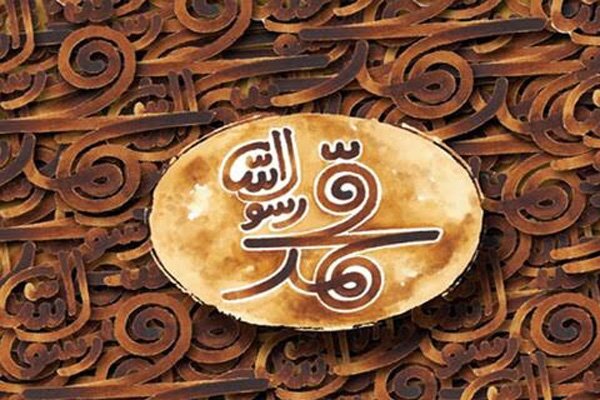Mab’ath: A Day to Remember Prophet Muhammad and His Message

Every year, Muslims around the world celebrate Mab’ath, the day when God chose Prophet Muhammad (peace be upon him) as His final messenger and revealed the first verses of the Quran to him.
This event, which took place in the year 610 CE, marked the beginning of a new era in human history, one that would transform the lives of millions of people across time and space.
But what does Mab’ath mean for Muslims and humanity today? How can we benefit from the teachings and example of Prophet Muhammad (PBUH) in our modern context? And how can we use this occasion to renew our commitment to his message and mission?
Saeed Tavoosi Masroor, an assistant professor of Islamic history at Allameh Tabataba'i University, has provided answers to these questions in an interview with IQNA.
Message of Monotheism
One of the key messages conveyed by Mab’ath is the importance of Tawhid (monotheism), the belief in the oneness and uniqueness of God. This message of monotheism has resonated deeply with humanity across different periods, as evident in the admiration it garnered from figures like Goethe, the German poet and philosopher.
The message of monotheism is not only a theological doctrine but also a liberating force that frees the human mind and soul from false idols and misguided ideologies.
Prophet Muhammad (PBUH) was sent to break the chains of ignorance and superstition that humanity had imposed upon itself. He invited people to worship the one true God, who created them and sustains them.
Read More:
He taught them to respect the dignity and rights of all human beings, regardless of their race, gender, or status. He challenged the prevailing norms and customs that were based on injustice and falsehood.
This mission wasn't limited to one culture or period; rather, it addressed universal tendencies towards ignorance and falsehood, whether in ancient Arabia or beyond. The Prophet's mission aimed to replace these misconceptions with the clarity of monotheism and the divine truth.
Message of Justice
Another message that Mab’ath highlights is the importance of justice, which is one of the core values of Islam. The Quran states:
Indeed Allah enjoins justice and kindness, and generosity towards relatives, and He forbids indecency, wrongdoing, and aggression. He advises you, so that you may take admonition. (Surah An-Nahl, verse 90)
The Prophet's call for justice wasn't mere rhetoric; it was exemplified in his actions and principles. He established a system of law and governance that ensured the rights and responsibilities of all citizens, regardless of their faith or background.
Read More:
The simplicity and universality of Islam's message, coupled with its emphasis on justice, monotheism, and equality, facilitated its rapid spread across diverse regions, from Spain to China.
Islam's appeal wasn't solely due to coercion; rather, it was the intrinsic resonance of its principles with the human conscience that led to its acceptance.
These timeless messages of justice, monotheism, and equality continue to attract people today, transcending geographical and cultural boundaries. However, it's essential for Muslims to embody these values more effectively in their lives, aligning their actions with the profound teachings of the Quran and Prophet Muhammad (PBUH).
Message of Morality
A third message that Mab’ath emphasizes is the importance of morality, which is the essence of Islam. The Quran states:
There is certainly a good exemplar for you in the Apostle of Allah—for those who look forward to Allah and the Last Day, and remember Allah much. (Surah Al-Ahzab, verse 21)
Prophet Muhammad (PBUH) was not only a messenger, but also a model of moral excellence. He demonstrated the highest standards of character and conduct in every aspect of his life, whether as a husband, a father, a friend, a leader, a teacher, or a servant of God.
Read More:
He was known for his honesty, integrity, humility, patience, courage, compassion, and wisdom. He was loved and respected by his friends and foes alike, for his kindness and justice.
Prophet Muhammad (PBUH) has been quoted as saying “I was sent to complete the nobilities of character.”
In essence, special occasions like Mab’ath serve as opportunities to reaffirm our connection with Prophet Muhammad (PBUH), deepen our understanding of his teachings, and strive towards embodying his noble morals in our lives.
4122396



